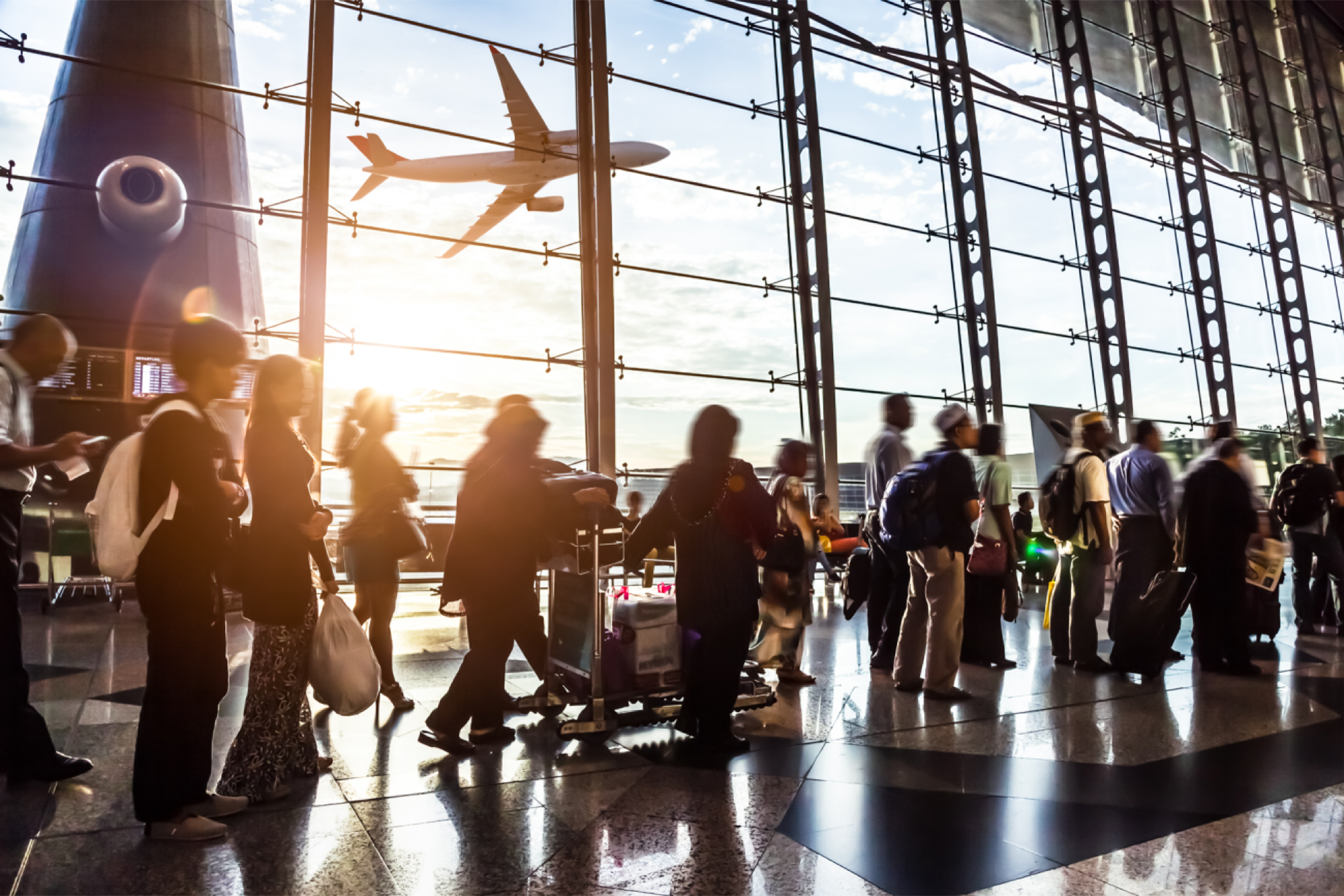Offline and Online -Tips to Get the Best Forex Deal Before any Travel
Fortunately, with the advent of Online Portals, Foreign Exchange purchase has become more streamlined, transparent and easy to acquire.

ByAnanth Reddy•

Opinions expressed by Entrepreneur contributors are their own.
You're reading Entrepreneur India, an international franchise of Entrepreneur Media.
Foreign Exchange is an often overlooked and under planned element of most international itineraries. Travellers usually purchase their flight tickets, book their accommodation, get their visa in place, buy travel insurance and then buy their Forex and International phone cards. This last minute Forex purchase does not help your budget much, and a traveller may end up shelling a lot more than they bargained for. Fortunately, with the advent of Online Portals, Foreign Exchange purchase has become more streamlined, transparent and easy to acquire. Here is a look at offline and online models available in the current Foreign Exchange landscape.
Offline
The Traditional Money Changer:This is one of the oldest and most traditional forms of Foreign Exchange. While there is a "Foreign Exchange" board in every neighbourhood, it may not always be of repute. It is convenient to call the money changer home and bargain for rates, but they will still be subject to fluctuation if you decide to pay by cheque. Also, you will not be able to reload your forex if you run out of funds when abroad. You may also need to shell out extra for cash as currency notes are subject to market availability. Ensure that you always ask for a bill post purchase.
Airport Kiosks:How many times have you thought that you would buy your Forex at the airport and perhaps, have actually done so? While this is a very convenient option and allows you to purchase your forex just before boarding your flight, did you know that because of high overhead costs involved, currency exchange kiosks at airports offer exchange rates that are almost 10-15% higher than the rates offered outside?
Banks:Many banks offer Foreign exchange as both Foreign Travel cards and cash – Axis Bank, HDFC, ICICI, SBI to name a few. The traveller needs to be an account holder of the bank and sometimes margins kept are relatively high, owing to limited availability of cash.
Grey Market:Some money changers who operate without a license lure unsuspecting travellers with the promise of lowest margins on Forex. They accept only cash and offer only cash currencies in return, without offering any proof of purchase. This is a major source of counterfeit currency which the traveller doesn't discover until much later, when abroad.
Online
Online Forex Service of Banks: You may order your forex from online banking sites, but you have to be an account holder of the bank, the same as offline.
Bidding Engines:The user is offered the "best rate' through a bidding-process. Online bidding engines are usually aligned with traditional forex agents, to whom they just pass-on leads, and do not take any responsibility for order execution. This option does not offer convenience, since the eventual purchase process is still as before, and rates offered are subject to change. They mainly cater to those who want currency notes.
Forex Aggregators: The business model here asks for a refundable 2% "commitment fee' for holding the rates (which becomes non-refundable if the order is not completed!), post which the traveller needs to go to the nearest branch of their partner agent within a specified period of time to make payment and collect forex. Home delivery is offered in limited locations, and at an additional charge. The process is a little complicated, as either rates can fluctuate thereby defeating the purpose, or one needs to pay 102% of the order value, and then get back the 2% on order completion. But due to bank tie-ups, reach to tier-II locations is good.
Forex Portals:This category offers an end-to-end online experience. A traveller can see real-time rates, select the required currency, make payment online through Debit/Credit card, Net-banking or RTGS (thereby immediately fixing the rates viewed), and have their forex delivered to their doorstep. These services offer a mix of currency and card, as per the clients requirement. Travellers can also reload their forex from abroad in case they run out of funds, by logging on to these websites
Tips For Buying Your Foreign Exchange
- Rates should however only be one consideration for purchasing forex. Others are Convenience of the process, Reputation of the vendor, Security and Customer support.
- Don't let various rate terms mystify you. Some terms that you may come across are Inter-bank rate, bank rate, card rate, market rate, online rates, xe rate, paper rate, trade (export/import) rate, trading rates, forex card rate, currency rate, settlement rate, buying rate, selling rate, base rate, cross rates, miscellaneous rate, major currency rates, RBI rate, etc.
- There is only one rate that the traveller needs to determine for foreign currency exchange in india, and that is the Inter-bank rate (IBR). All other rates are derived purely by adding a profit-margin on this "IBR', as the case may be, for various types of Forex dealings.
- Currency notes are not easily available, Rates vary seasonally, can be subject to obsolescence and counterfeiting, and if stolen, cannot be replaced – all of which becomes a highly expensive, inconvenient, and dangerous proposition for the traveller.
- Therefore, while negotiating for your travel forex, arm yourselves with the IBR, and then ask for the Selling rate, and reasonably be prepared to pay at around 3-4%, depending on the season, and availability of forex currency notes in the market.
- Anything less offered, should raise alarm bells, as even one counterfeit currency note slipped into your bundle, so as to bring-down the overall rate, can lead to drastic consequences.
- The ideal mix would be to take a limited amount of foreign currency notes for immediate requirements (ideally upto about US$300 equivalent only), and the rest of your travel budget can be loaded onto a Prepaid forex card. This is the evolution of forex and the card can be swiped free of charge at any Visa/Mastercard point-of-sale terminal, and local currency can be withdrawn from any ATM at nominal charge.
- Having said this, absolutely do not swipe your Credit Card or Debit Card abroad. The rates applied can be anywhere from 9-11%, and there is scope for fraud to be committed on the card.













